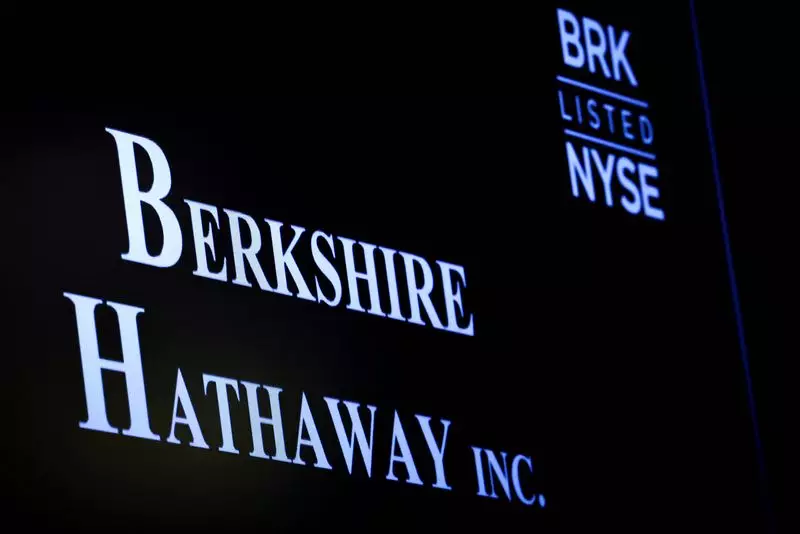The third quarter of 2024 brought forth significant changes for renowned investor Warren Buffett and his conglomerate, Berkshire Hathaway. With the ongoing complexities of the global economy, Buffett’s iconic investment firm has made notable maneuvers in its stock portfolio, reflecting a strategic pivot that warrants closer examination.
Berkshire Hathaway’s recent decision to significantly reduce its stock holdings, particularly its stake in Apple, marks a pivotal transition in investment strategy. Over the summer, Buffett’s firm divested approximately 25% of its Apple shares, resulting in a holding of roughly 300 million shares. This divestiture contributes to a broader trend; in 2024 alone, Berkshire has sold over 600 million shares of the tech giant, despite Apple still serving as the company’s most substantial investment at a valuation of $69.9 billion.
Buffett has previously articulated his belief that Apple would continue to be a cornerstone of Berkshire’s portfolio, yet the necessity to sell arose from pragmatic considerations surrounding capital gains taxes. The tax rate at 21% on realized gains, coupled with concerns about the investment’s current valuation landscape, prompted this reduction. The firm has not only divested from Apple but has also liquidated a substantial portion of its equity investments, including billions in Bank of America shares, amounting in total to $36.1 billion worth of stocks in the latest quarter.
One of the most striking aspects of Berkshire’s third-quarter report was the escalation of its cash reserves, which reached an unprecedented $325.2 billion. This figure symbolizes Buffett’s cautious stance amidst a fluctuating market environment. The capital accumulation indicates a defensive posture likely influenced by uncertainties such as inflationary pressures and geopolitical tensions affecting global markets.
Berkshire’s cash strategy raises questions—particularly regarding future investments. As the company opts to hold cash instead of reinvesting aggressively, it sends a message to the market that Buffett may anticipate better opportunities down the line or potential market corrections that could allow for more favorable entry points into investments.
Profitability from Berkshire’s insurance operations reflected the adverse impact of rising claims stemming from natural disasters, including Hurricane Helene. The quarterly operating profit fell by 6%, largely attributed to increased underwriting liabilities, totaling $10.09 billion against the previous year’s $10.76 billion. Moreover, the insurance sector reported a staggering 69% drop in underwriting profits due to significant losses from hurricanes and settlements affecting past liabilities, such as those associated with the defunct talc supplier Whittaker, Clark & Daniels.
Nonetheless, not all facets of the insurance business performed poorly. The Geico car insurance division managed to nearly double its underwriting profit, revealing a nuanced picture where some areas are experiencing stability despite substantial losses in others.
Despite short-term challenges, Berkshire Hathaway’s net income climbed to a remarkable $26.25 billion—a stark contrast to the prior year’s loss. This notable rebound is indicative of the company’s resilience in navigating economic obstacles, allowing for a long-term perspective that Buffett has consistently advocated. However, Buffett advises shareholders to focus on operating performance rather than the volatility inherent in unrealized investment gains and losses.
As the investment community looks onward, it is evident that Warren Buffett’s approach may evolve further as he prepares to transition leadership to Vice Chairman Greg Abel— a move that may introduce new strategies and perspectives reflective of modern market dynamics.
Berkshire Hathaway’s recent performance showcases a prudent mix of caution and strategic divestment amidst challenging economic conditions. It serves as a reminder that even seasoned investors like Buffett adapt their strategies in search of stability and long-term success, leaving a lasting legacy as he contemplates the future trajectory of this iconic investment firm.

